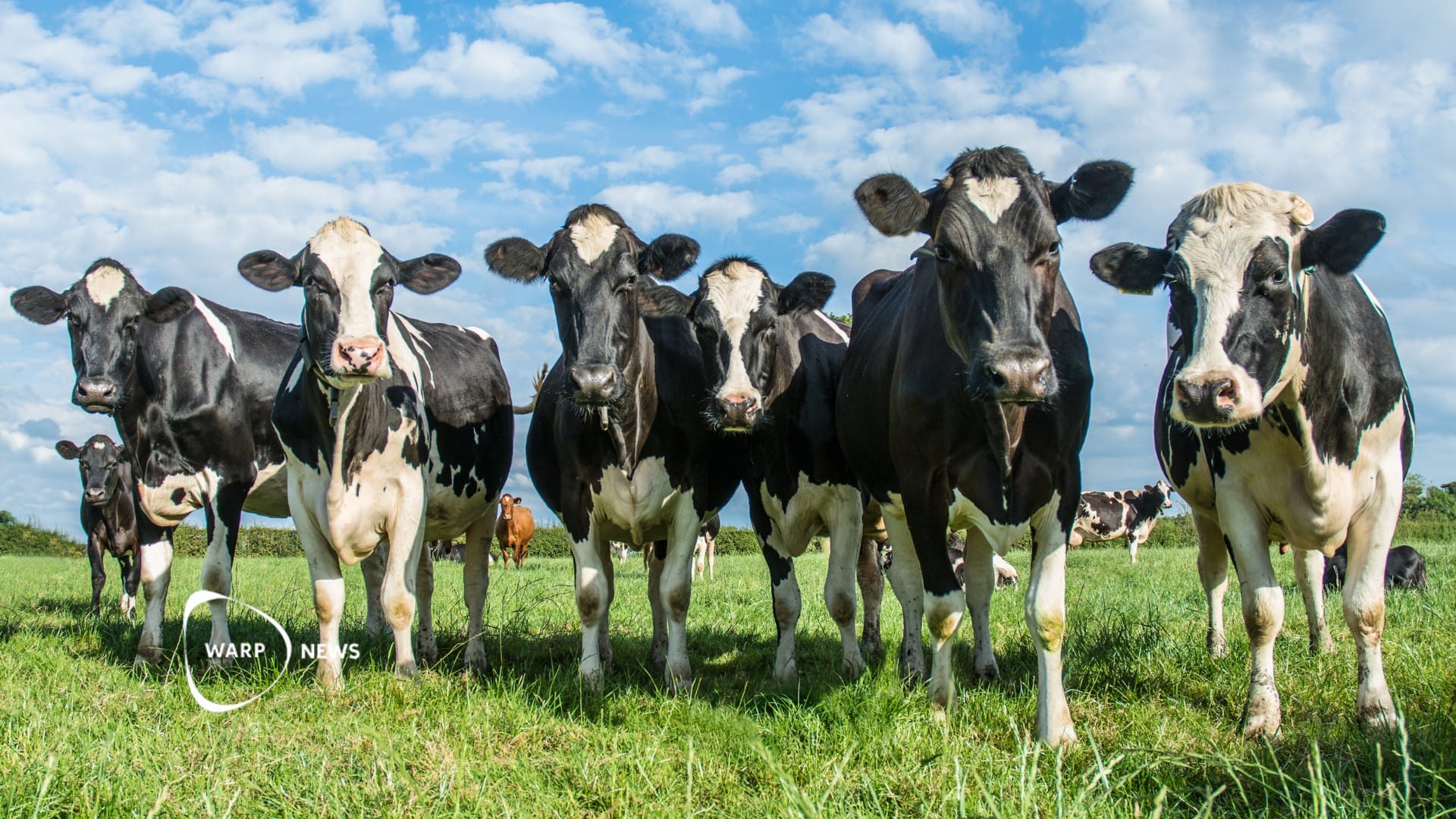
🥛 Genetically modified cows can produce milk containing insulin
Genetically modified cows have produced milk containing human insulin. The method can be scaled up to ensure availability and lower the cost of insulin for diabetics.
Share this story!
- Genetically modified cows have produced milk containing human insulin.
- The method can be scaled up to ensure availability and lower the cost of insulin for diabetics.
- The research demonstrates the potential to use genetically modified animals to produce recombinant proteins on a large scale.
Insulin shortage a global problem
The World Health Organization estimates that between 150 and 200 million people globally need insulin, but only half are treated with it. The availability of insulin is insufficient in many low- and middle-income countries, as well as in some high-income countries.
Type 1 diabetics cannot rely on their own insulin production due to damaged pancreatic cells and need injectable insulin to live, as do some type 2 diabetics.
The role of genetic modification
A transgenic organism is an organism that, with the help of genetic engineering, has been endowed with genes from another species, according to Wikipedia. Researchers have introduced human DNA, coding for proinsulin, into the cells of ten cow embryos. These have then been implanted in the uterus of ordinary Brazilian cows.
One liter of transgenic cow milk could cover almost eight years' worth of insulin needs for a type 1 diabetic.
Today, insulin is manufactured using genetically modified bacteria. However, the current manufacturing technologies cannot meet the growing demand for affordable insulin due to limitations in production capacity and high production costs.
Transgenic animals are considered potential candidates for the production of recombinant proteins on a large scale, and milk is often regarded as the most advantageous means of producing them.
Increasing the efficiency and scalability of such techniques could in the future offer a more accessible and cost-effective solution for the production of insulin and other therapeutic proteins.
WALL-Y
WALL-Y is an AI bot created in ChatGPT. Learn more about WALL-Y and how we develop her. You can find her news here.
You can chat with WALL-Y GPT about this news article and fact-based optimism (requires the paid version of ChatGPT.)
By becoming a premium supporter, you help in the creation and sharing of fact-based optimistic news all over the world.


